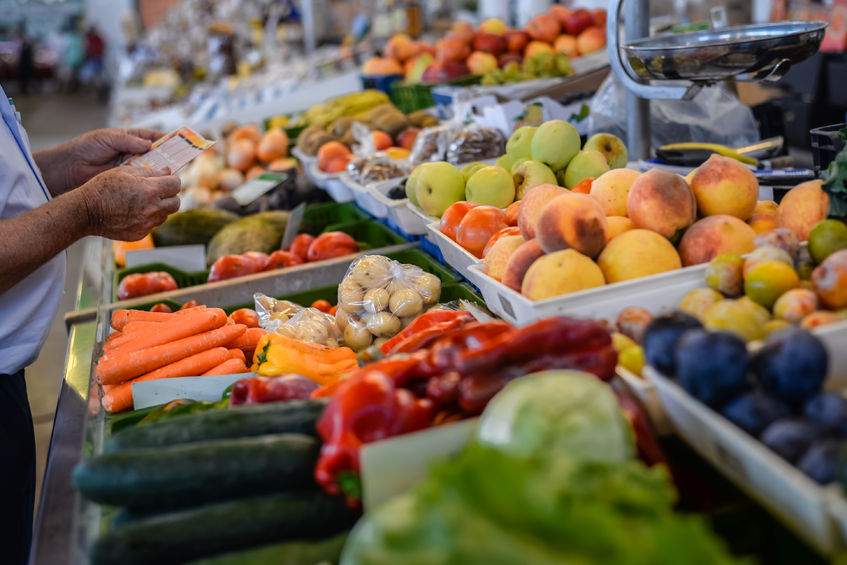
Border checks could be required on Welsh and Scottish borders post-Brexit because of the potential for diverging food safety standards across the UK, food experts warn.
Different regulatory approaches between the UK government and devolved authorities toward controversial food practices may occur.
This includes laws and regulations surrounding chlorinated chicken, GM crops and pesticides, for example.
The existence of such discrepancies could have a 'detrimental impact' on the UK’s ability to strike trade deals, the UK Trade Policy Observatory (UKTPO) says.
The body, part of the University of Sussex, warns that Brexit food safety legislation gives UK ministers powers to make policy changes to food safety laws without primary legislation - avoiding the scrutiny of Parliament through the use of Statutory Instruments (SIs).
The Brexit SIs confer powers to amend and make future food safety laws to UK government ministers for England, Welsh ministers for Wales and Scottish ministers for Scotland.
The food safety experts say this would allow for greater scope for devolution beyond what is possible in the current EU framework.
Such changes have the potential to 'vastly increase' devolution of food safety regulation with Scottish and Welsh authorities committing to retain EU regulations.
This could lead to the possibility of trade barriers between England and Scotland or Wales.
Dr Lydgate, Senior Lecturer in Environmental Law at the University of Sussex, said food safety SIs are a 'potential flash-point' for Scotland.
He said: “[Scotland] wants to maintain alignment with the EU, and Westminster promises to pursue a US trade deal that will alter UK food safety legislation.
“Negotiating a US trade deal that Scotland opposes is certainly not viable, and could even fuel a push for Scottish independence.
“If one or more devolved administrations refuses to re-align its food safety regulations from those of the EU to comply with US standards, after a US-UK Free Trade Agreement, it will complicate the flows of agricultural and food products within the UK.
“This raises the question of how the UK can avoid introducing internal UK regulatory controls and border checks to ensure that products comply with divergent jurisdictional requirements,” Dr Lydgate said.
The UKTPO's analysis suggests the UK’s post-Brexit food safety rules will fall short of the level of protection currently provided by the EU.
UK ministers have been granted extensive powers to make secondary legislation to correct 'deficiencies' in 'retained EU law'.
The food experts warn these powers are being used to change key policy areas and legal frameworks.
This includes allowing ministers to lower the threshold for products containing technically unavoidable traces of GMOs that do not need to be labelled.
